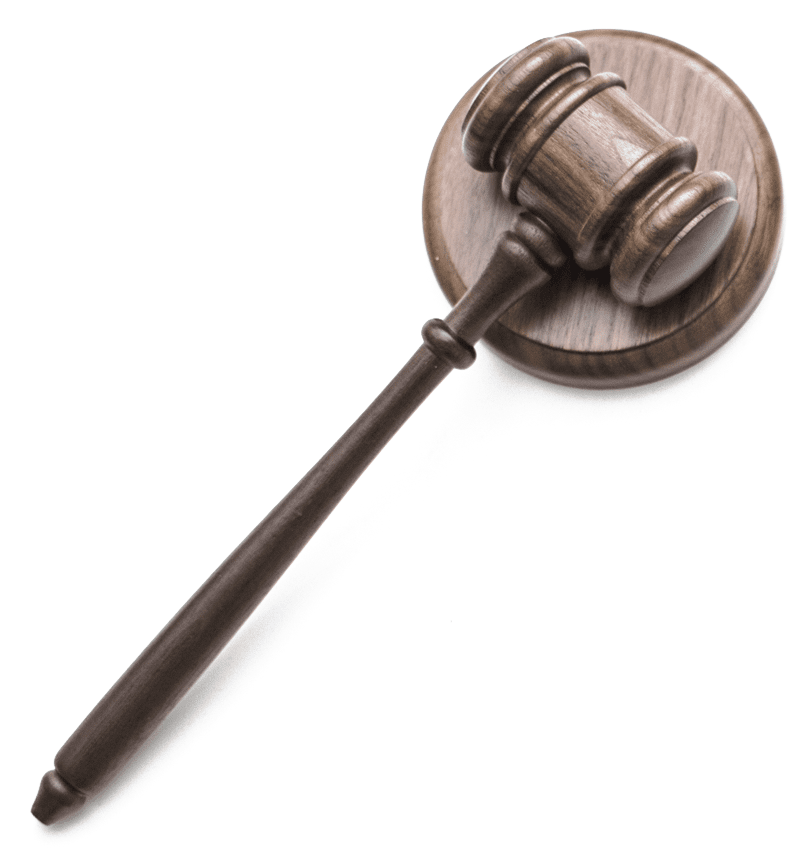Chicago, a city with a rich history and vibrant culture, is home to a complex criminal justice system. For individuals navigating legal challenges, comprehending the intricacies of this system is crucial. In this blog post, we delve behind the gavel, shedding light on the various components that make up Chicago’s criminal justice landscape.
The Legal Framework
Chicago’s criminal justice system operates within the framework of federal and state laws. The Illinois Criminal Code outlines offenses, penalties, and legal procedures, while federal laws may come into play for certain cases. Understanding these legal foundations provides the context for how criminal cases are prosecuted and defended in Chicago.
Law Enforcement Agencies
Law enforcement in Chicago involves a collaboration between various agencies. The Chicago Police Department (CPD) is the primary agency responsible for enforcing local laws within the city. Additionally, federal agencies such as the Federal Bureau of Investigation (FBI) and the Drug Enforcement Administration (DEA) may be involved in cases that fall under federal jurisdiction.
Arrest and Booking Process
When a crime is committed, law enforcement initiates the arrest process. Arrestees are brought to police stations for booking, where personal information is recorded, fingerprints are taken, and charges are filed. The accused may then be held in police custody or released on bail, depending on the severity of the charges.
The Role of Prosecutors
The Cook County State’s Attorney’s Office is responsible for prosecuting criminal cases in Chicago. Prosecutors, also known as state’s attorneys, review evidence provided by law enforcement, decide whether to file charges, and represent the government in court. Their objective is to prove the defendant’s guilt beyond a reasonable doubt.
The Criminal Court System
Chicago’s criminal courts handle a wide range of cases, from minor misdemeanors to serious felonies. The court system comprises various divisions, including the Circuit Court of Cook County. Cases progress through pretrial hearings, arraignments, and, if necessary, trial. Sentencing, probation, or other dispositions follow a guilty verdict or plea.
The Defense Attorney’s Role
A criminal defense attorney plays a pivotal role in protecting the rights of the accused. Attorneys challenge the prosecution’s evidence, ensure due process is followed, and advocate for their clients during trial. Skilled defense attorneys understand the nuances of Chicago’s legal procedures and leverage this knowledge to build strong defenses.
The Importance of Legal Representation
Navigating Chicago’s criminal justice system can be complex and intimidating. Legal representation is a fundamental right, and individuals facing criminal charges are strongly encouraged to seek the assistance of experienced defense attorneys. Attorneys guide clients through the legal process, challenge evidence, and strive to achieve the best possible outcome.
Community Impact
The criminal justice system’s impact extends beyond the courtroom and influences Chicago’s communities. Advocacy for criminal justice reform, community policing initiatives, and support for individuals re-entering society after incarceration are integral components of creating a fair and equitable system.
Conclusion
Understanding Chicago’s criminal justice system is essential for anyone facing legal challenges or interested in the city’s legal landscape. By grasping the roles of law enforcement, prosecutors, defense attorneys, and the court system, individuals can navigate the complexities of the system with greater awareness and make informed decisions about their legal rights and options.
